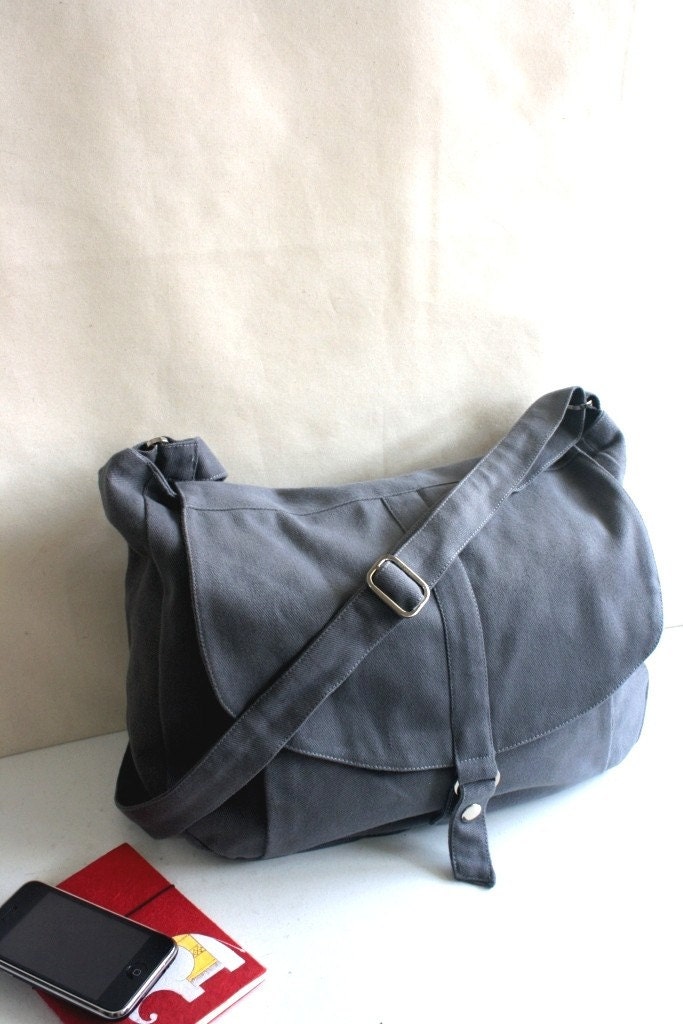Disclaimer: I am not a fan of "chick-lit". Which probably meant that my POV regarding this book doesn't count. But. I'm going to give it anyway.
I don't think I really need to give much of a summary, do I? The premise of The Jane Austen Book Club is fairly straight-forward, and unfortunately, it's been done before. A group of people who seemingly have nothing in common except their one singular passion (in this case, the novels of Jane Austen) come together to explore their interest together, when in reality, they're all really trying to come to grips with the unspeakable tragedy or unhappiness in their lives.
The whole thing just felt so played out. The idea of people coming together to forget previous tragedies through their hobby has been done to death (re: The Knitting Circle by Ann Hood or The Friday Night Knitting Club by Kate Jacobs), and it doesn't seem that Fowler has anything new to add, except for the plot twist of involving a male character. This piqued my interest; unfortunately, the characters never flesh out. Fowler chooses to divide the book into a series of vignettes about each character, leaving little room to explore each personality and providing little to no character development. Just when I would start to get involved in a character's personality and story, WHAM! The chapter is over, we've moved on to the next character...and I'm left wondering what the hell just happened. So little time was spent exploring each personality, that I could not bring myself to care about any of the characters.
Then I am forced to ask: why Jane Austen, again? Don't get me wrong, Jane is a phenomenal writer, as I've written before. HOWEVER, today, nearly 200 years after her death, it seems that everyone is jumping on the Jane Austen (or Mr. Darcy) bandwagon. The author (presumably an Austen-aficionado herself) sprinkles references to Jane's famous works throughout the book...but they don't tie in very well, and when they do, the transition is sloppy at best.
I could not relate to the characters and due to the quick transitions, I found it hard to even develop an interest in any of them. I didn't care who was romancing who and whose marriage was ending and who was dating who by the end of the book. I think if Fowler had chosen to flesh out the book a little more, spend more time on her characters, developing their personalities, and put in a little more action...I might have enjoyed the book more.
Oh, and if she had provided a translation for the character that consistently (and obnoxiously) speaks in French phrases. I can read a little French, but the content was beyond my scope, and I constantly felt that I was missing something. Very unfortunate.
Rating: * and 1/2























